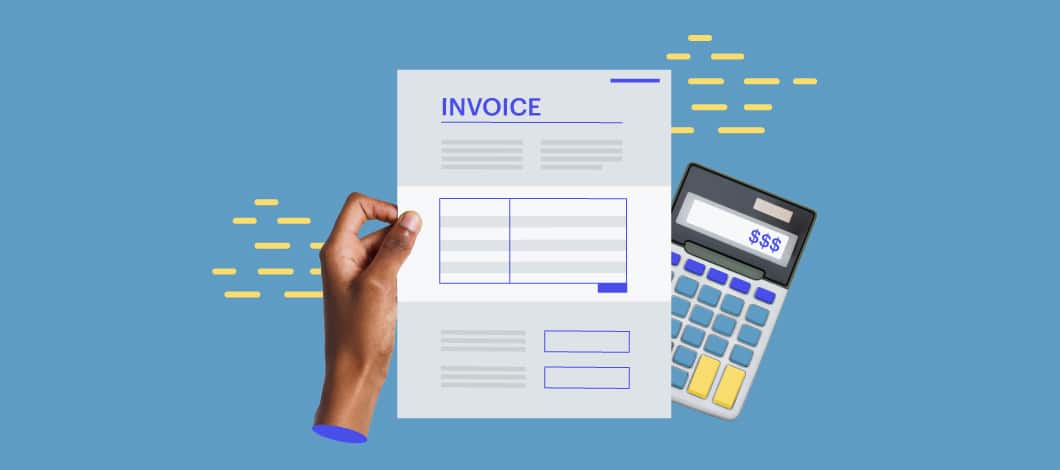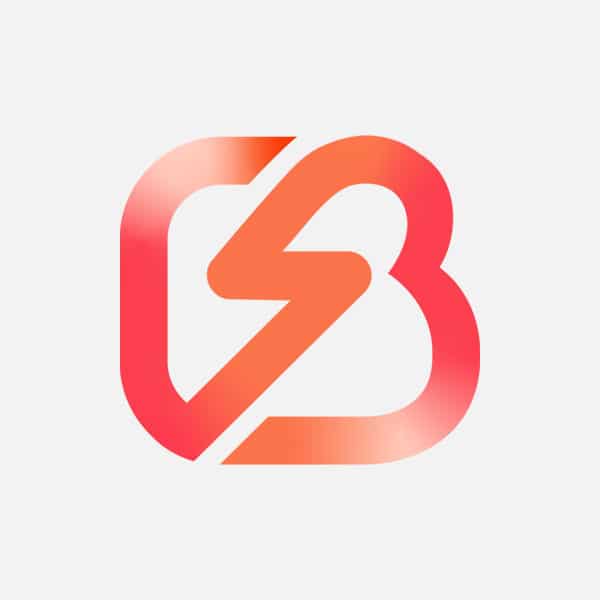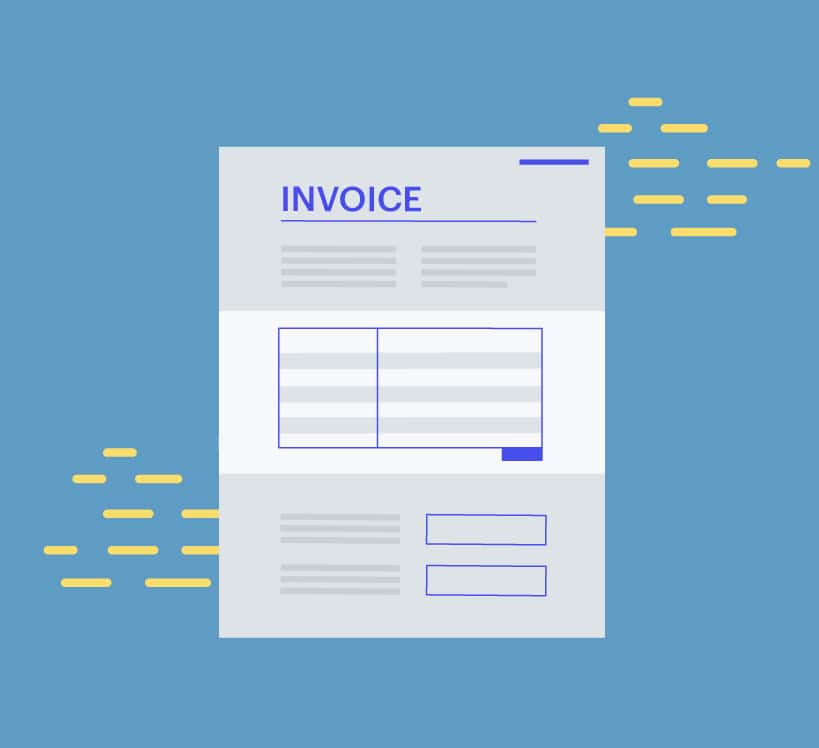Invoice financing is a type of accounts receivable funding. It’s one of the fastest, easiest ways to obtain capital when cash flow is low.
It can be a good option for businesses that are certain they’ll receive payment from their customers.
Learn what invoice financing is all about and how to qualify for it.
What Is Invoice Financing?
Invoice financing is a type of asset-based lending for business-to-business (B2B) companies. With this funding method, businesses use their unpaid invoices, or accounts receivables, as collateral to qualify for capital.
Invoice financing providers may extend funds through a one-time advance or as a line of credit.
To cover the cost to fund the invoices, your financing provider will charge you interest, plus processing fees.
Invoice Financing vs. Invoice Factoring
Invoice financing shouldn’t be confused with invoice factoring, which can be more costly.
With invoice factoring, your funding provider buys your unpaid invoices as assets. They then typically collect payments on those invoices from your customers, charging you a fee for the service.
In contrast, with invoice financing, instead of selling your invoices to a funder, you use them as collateral, much like you’d put up collateral for a conventional loan – in place of real estate or inventory, though, you secure your financing strictly with your invoices. Additionally, with invoice financing, you remain responsible for collecting your unpaid invoices.

How Does Invoice Financing Work?
When you apply for invoice financing, your provider considers both your credit history and that of the customers you’ve invoiced. Providers prefer invoices that are perceived as easier to collect.
A lender will request you allow them to connect to your accounting platform to assess your accounts receivable records.
If your application is approved, your provider extends you a line of credit or advances you a lump sum of money, which is often 80% of the value of your invoices. Accounts receivable financing is short-term, with repayment typically falling within a 3-6 month window. You’ll pay in equal installments over the course of your financing term until your balance, plus interest and fees, is paid in full.
What Types of Invoice-Based Financing Are There?
Invoice-based financing can take different forms depending on how your provider structures your arrangement.
Common invoice financing agreements include:
- One-time advances (similar to loans)
- Lines of credit
Both types of financing use your accounts receivable as collateral, but they differ in how you access your money and how you pay interest and other fees.
Invoice Financing One-Time Advances
When invoice financing is structured as a one-time advance, it works similarly to a loan, with a couple of important differences.
One major distinction from conventional loans is that a lump-sum invoice advance is backed by your unpaid accounts receivable alone, as opposed to other forms of collateral, such as a vehicle, inventory or property.
Additionally, you usually only receive a portion of your total accounts receivable balance. For one-time invoice financing advances, lenders are often willing to offer a loan-to-value ratio of 80%. Some providers, though, may advance the full amount in return for a higher fee.
Invoice Financing Example
For example, let’s say you have accounts receivable valued at $30,000. Your accounts receivable lender agrees to advance you $24,000, 80% of your AR value.
Your lender charges a 1.1 factor rate over a 24-week term. A factor rate is a multiplier used to determine your total repayment amount. For example, if you’re quoted a factor rate of 1.1 and you’re borrowing $24,000, you will repay $26,400 ($24,000 X 1.1 = $26,400). In addition, your lender charges a one-time processing fee, in this case 2% (24,000 X 0.02 = $480).
In total, you’ll pay back $26,880 ($26,400 + $480 = $26,880) over the course of your agreement, or $1,120 in equal weekly installments ($26,880 / 24 = $1,120).
Invoice Financing Lines of Credit
When invoice financing is structured as a line of credit, you receive access to an account with a limited amount of money you can borrow from. The amount is based on a percentage of the value of your invoices.
You pay interest based on the amount of your credit line you use. You may also be charged a fee per withdrawal.
When you repay money you borrow, it becomes available to spend again, which is why this type of financing is sometimes called a revolving line of credit.
In some cases, you might be required to pay back a portion of the amount you borrow on a weekly basis, and you may have a certain pay-back period in place, such as 12 or 24 weeks.
What Are the Pros and Cons of Invoice Financing?
The pros and cons of invoice-based financing boil down to a few key points:
- Pros: Easy to qualify, funds available quickly
- Cons: Borrowing amount limited to accounts receivable balance
Because your financing is covered by unpaid invoices, your provider faces a low risk. This makes them more inclined to approve your application and provide funding quickly. This can be a good option when you don’t want a long-term loan or you can’t get approved for conventional business loans.
Invoice-based financing can be particularly advantageous for businesses that extend customer credit. Using your invoices to obtain financing can allow you to cover cash flow while you’re waiting for customers to pay.
How Do I Qualify for Invoice-Based Financing?
When you’re qualifying for quick invoice financing, providers primarily consider a couple of factors:
- Your credit rating
- The quality of the invoices you’re using to secure financing
Providers tend to place more emphasis on the second item, but both factors come into play.
Credit Rating
As with all types of business financing, your credit rating helps providers evaluate your creditworthiness.
Often, you’ll stand the best chance of securing invoice-based financing if you meet a funder’s personal credit score minimum, which could be 600 in some cases.
Depending on your provider and situation, your personal credit score, your business credit score or both may come into play. A good credit score will tend to improve the terms of your financing arrangement, such as qualifying you for lower fees.
- Invoice financing providers may also require businesses to have been in operation a certain length of time (e.g., 6 months to 1 year). They may also require you meet revenue minimums (e.g., $120,000 to 150,000 annually).
Invoice Quality
Because invoice-based financing is backed by the strength of your unpaid invoices, the quality of your invoices plays a role in how providers perceive risk. Providers prefer invoices that meet 1 or more of several key criteria:
- New invoices with clear terms (30 to 90 days)
- Invoices for small amounts, since customers are less likely to default on these
- Invoices that are owed by larger companies with strong revenue and credit history
If your invoices meet these criteria, providers sometimes may be willing to extend you invoice-based financing even if you have a low credit score. However, your fees will be higher. You will receive the best terms if you combine a good credit score with high-quality invoices.
Note some invoice financing providers allow you to select which invoices you’re offering to secure your invoice-based financing. For example, if you have accounts that are more than 90 days past due, you may find it prudent to separate these from other invoices.
Apply for Quick Invoice Financing for Fast Cash
To recap, invoice financing leverages your unpaid accounts receivable as collateral so your business can obtain cash as soon as the same day in some cases, either through a line of credit or lump-sum advance.
You stand the best chance of qualifying if you have a strong credit history and if you use invoices that are recent, small or owed by customers with a strong credit history of their own.
Invoice Financing Review
| Details | Yes | No |
| For B2B companies only | X | |
| Invoices serve as collateral | X | |
| Fast funding, as quick as same day in some cases | X | |
| Use unpaid invoices to obtain a one-time advance or credit line | X | |
| Use funds as needed | X | |
| Continue to collect unpaid invoices directly from your clients | X | |
| Can be costly if customers don’t pay on time | X | |
| Sell your invoices to funding provider | X | |
| Lender contacts your clients directly to collect on invoices | X |




